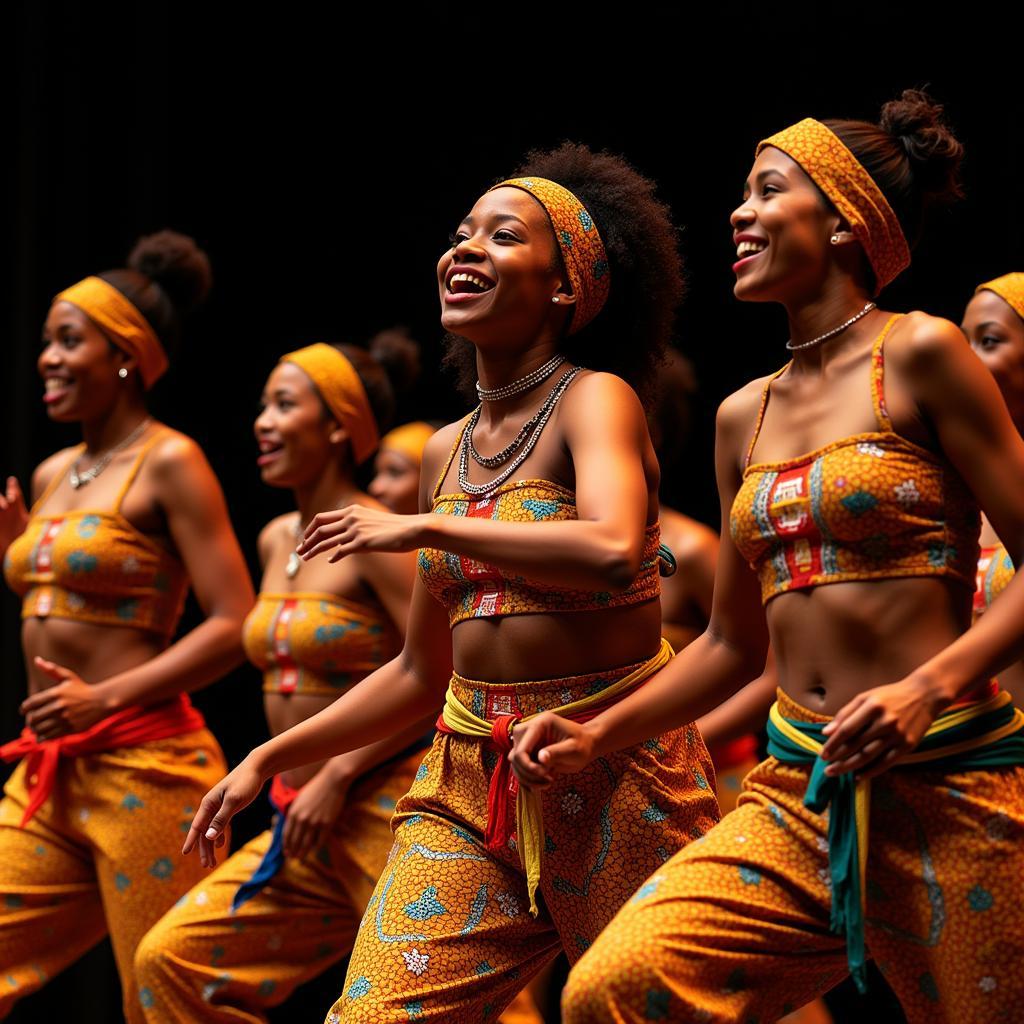Unveiling the Complexities of African Beauty and Nudity
The intersection of African beauty and nudity is a topic often met with fascination and misunderstanding. While the Western world often associates nudity with sexuality, many African cultures view it through a different lens, embracing it as a natural part of life, tradition, and spirituality. This exploration delves into the nuances of this complex relationship, examining the historical context, cultural significance, and evolving perceptions surrounding African beauty and nudity.
A Historical Perspective: Beyond the Western Gaze
To truly grasp the relationship between African beauty and nudity, it’s crucial to step outside the confines of Western perspectives. Historically, numerous African communities existed harmoniously with nature, their bodies viewed as sacred vessels. Nudity, in these contexts, wasn’t inherently tied to shame or sexuality. It served practical purposes, from navigating hot climates to participating in rituals that honored ancestors and deities.
The Multifaceted Nature of African Nudity
It’s essential to recognize that Africa is not a monolith. The continent comprises 54 countries, each with its own tapestry of cultures, traditions, and interpretations of nudity. While some communities might incorporate nudity into ceremonial practices, others may reserve it for specific rites of passage or artistic expressions.
For instance, among certain nomadic groups, clothing might be minimal due to the practicalities of their lifestyle. In contrast, some cultures celebrate elaborate body adornments, utilizing paint, beads, and scarification as markers of beauty, status, or spiritual connection. These practices underscore the diverse and nuanced ways in which African cultures perceive and express beauty beyond Western ideals.
The Impact of Colonization and Modernity
The arrival of colonialism brought significant shifts in perceptions surrounding African beauty and nudity. European missionaries, often fueled by Victorian sensibilities, sought to impose Western standards of modesty upon African societies. This period witnessed the introduction of more conservative clothing practices, often suppressing traditional expressions of nudity and body art.
However, the story doesn’t end there. The post-colonial era has seen a resurgence of interest in pre-colonial traditions. Many African artists, designers, and individuals are reclaiming their cultural heritage, celebrating African beauty and nudity in its diverse forms. Contemporary art, fashion, and even music often draw inspiration from these traditions, challenging Western norms and fostering dialogue around the evolving notions of beauty and body image.
Frequently Asked Questions
1. Is nudity still common in African cultures today?
The prevalence of nudity in Africa varies significantly depending on factors such as geographical location, cultural background, and individual beliefs. While public nudity is generally less common in urban areas influenced by global trends, it might still be observed in more rural communities, particularly during traditional ceremonies or rituals.
2. What are some common misconceptions about African nudity?
One of the most pervasive misconceptions is that African nudity is inherently sexualized. It’s essential to recognize that many African cultures view nudity through a different lens, often associating it with purity, spirituality, or a connection to nature. Another misconception is that all African cultures share the same views on nudity, which is far from the truth. Africa’s diversity is reflected in the diverse ways nudity is perceived and practiced across the continent.
Need More Information?
For a deeper dive into specific aspects of African culture, explore our related articles:
Contact Us
For personalized support and information, reach out to our team:
Phone: +255768904061
Email: kaka.mag@gmail.com
Address: Mbarali DC Mawindi, Kangaga, Tanzania
Our dedicated customer service team is available 24/7 to assist you.

